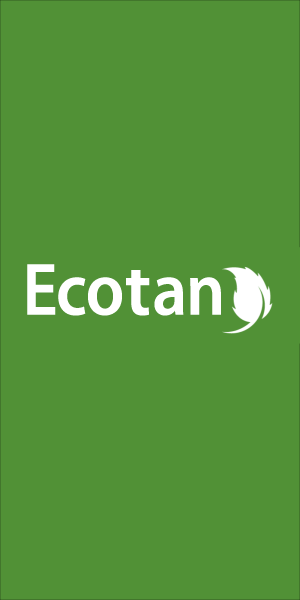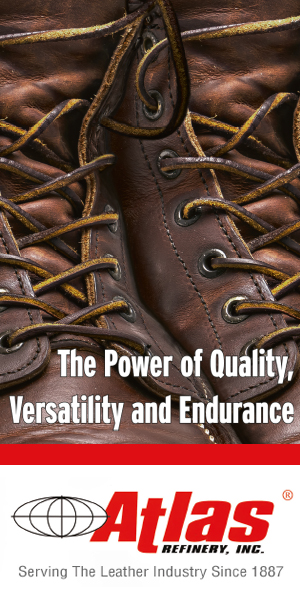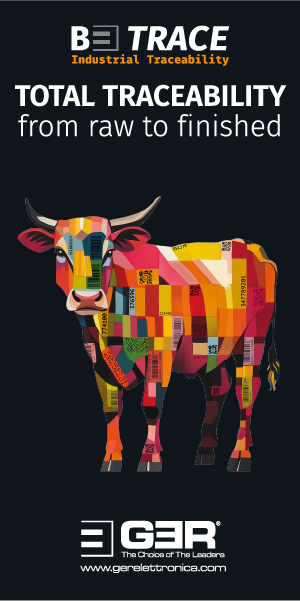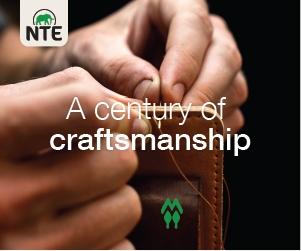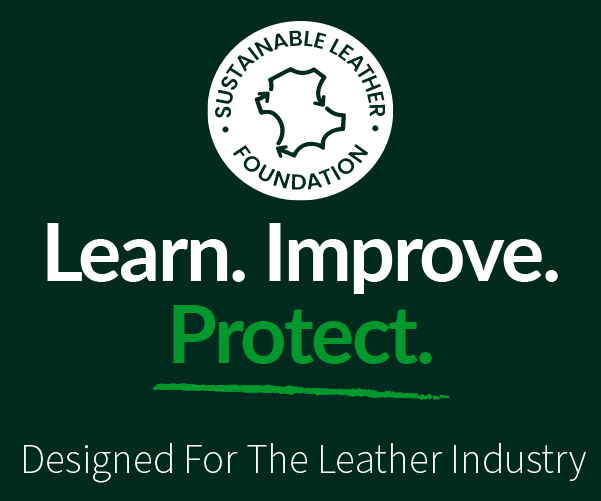“The most natural product on earth”

A company that specialises in producing biostimulants from tannery waste is setting up an operation in Mexico to replicate what it has done for years in Italy.
Specialist tannery waste processor SICIT is to build a new factory in the heart of Mexico’s main tanning industry area, León, Guanajuato. It will seek to replicate in Mexico its operations in Italy. Its facility in Chiampo takes delivery of trimmings and shavings from nearby tanneries and uses them to produce biostimulants for use in agriculture.
SICIT has said it will aim to process 20,000 tonnes of tannery waste per year at the new plant in León. Chief executive, Massimo Neresini, has said the new factory will be very similar to the one the group runs in northern Italy with, perhaps, a few modifications. The aim is to have the new Mexican facility operating in the final months of 2024 or in the first few months of 2025.
Agricultural yields
Mr Neresini is quick to make a clear distinction between the biostimulants that SICIT produces and fertilisers. It uses animal-derived collagen, sourced from tannery waste, to produce the hydrolysed proteins that function as biostimulants that help farmers increase agricultural yields. “Our products are food supplements,” the chief executive continues. “I think it’s important to underline how important this is.”
He argues that what the group produces meets an important demand in the market, and that this should be obvious to anyone who has stepped into a pharmacy recently. “Twenty years ago, when you went into a pharmacy, what you saw was pharmaceutical products,” he explains, “with perhaps one or two bottles of vitamin C tablets. Now when you go in, practically the only things on show are food supplements.”
For several years now, some of the biostimulants the group makes derive from plant sources and its expansion projects in Latin America also include a new plant in Chilean Patagonia that uses seaweed as the raw material. Its proprietary technology can transform these residues, too, into high added-value, environmentally safe products. Other product streams include biofuel and retardant materials for the construction industry. However, Mr Neresini takes particular pride in describing SICIT as the world’s largest producer of animal-derived biostimulants. It is in this that the company has its roots.
Added value
From its launch in 1960, SICIT’s intention was always to extract value from waste from the tanneries in and around Arzignano and Chiampo. Its initial focus was on recovering chrome from discarded trimmings and shavings to sell back to leather manufacturers for reuse. This proved less successful than Dr Giuliano Guardini, the company’s founder, hoped and he soon turned his attention to extracting protein by means of hydrolysis from the same waste material instead.
Over time, the leather manufacturing community in this part of Italy has increased its appreciation of the value that SICIT brings to the conversation around leather and the circular economy. So much so that, in the early 1990s, prominent tanning industry figure Rino Mastrotto took ownership of SICIT through a company he had already set up, Intesa. SICIT has undergone further restructuring since then and went public in 2021; Rino Mastrotto is still its president.
He remembers starting to pay close attention to what the group was doing in the mid-to-late 1980s. “We had this problem with trimmings and fleshings,” he explains, “and we had not been able to resolve it. Tanneries were full of it. It was clearly something we needed to work on.”
As the need to find a way of managing this waste grew, Mr Mastrotto says it dawned on him that better links between SICIT and the local tanneries could be the key to resolving the issue. Because he already had Intesa in place, he decided to use it as an instrument for taking ownership of the problem and of the solution. This was at a time when SICIT was not enjoying much success as a business, in spite of the enthusiasm of the management team it had in place. “I’m not sure I thought about it all in too much detail,” Mr Mastrotto says now, “but I have always been a bit of an adventurer.” He adds right away that a whole group of tanning industry leaders in and around Arzignano supported the idea. Together they found a way to take it forward, he says.
People at the core
“There were fears at the time that SICIT would not be able to stay open,” he continues, “but we bought it and the adventure began. And we found right away that there was a real strength within SICIT thanks to the people who worked there. There were people who knew how to move forward and they advised us what to do. That gave us confidence and I must say I become emotional when I look now and see what SICIT has become.”
The group is achieving commercial success and expanding. It now counts among its customers some of the biggest crop science businesses in the world, including Syngenta, BASF, Bayer and others. “These are enormous companies,” Massimo Neresini says, “and the quality of product that they demand from us is huge.” These global players would not be working with SICIT if its strategy were just to collect tanning waste, mix it up a bit and throw it on the ground, the chief executive insists. They are on board because they view this supplier as a serious player, one that is committed to research and development and uses its knowledge to extract collagen and refine it, to produce free amino acids and products that remove pollutants and micropollutants.
A source of learning
The group president, Rino Mastrotto, says it makes him happy to see SICIT continue to move forward and record success. In late 2022, it was one of the winners of a sustainable enterprise award set up by the Vatican.
Mr Mastrotto, one of the most experienced leather manufacturers in the global industry, says SICIT and its core activity of taking fleshings, trimmings and shavings that tanneries cannot use and turning them into in-demand, value-added products that are helping to feed the world have been great sources of learning for him. “SICIT has taught me so much,” he says. “It has taught me to think about just how natural a product leather is. It has helped me realise that leather is the most natural product on earth.”
Syngenta is one of a number of large crop science companies that are using biostimulants from SICIT in their products.
Credit: Syngenta








